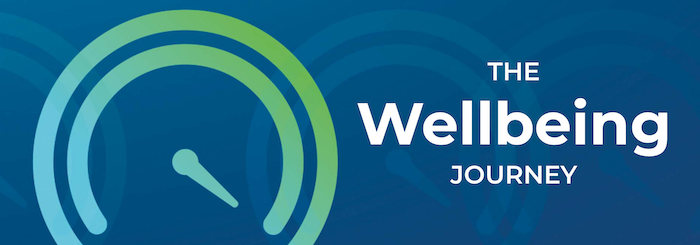Wellbeing Thought for Monday 15th March 2021
Monday 15 March
Not good to be alone
Loneliness is one of the greatest problems we are facing today. It is bad for our health. In the biblical creation account God says, “It is not good for man to be alone” (Genesis 2.18). And so he created ‘another’ – a woman and wife for him. While this passage celebrates the special place of marriage, it has a wider application: we are not designed to be alone.
However, in many relationships we can experience
(a) no connection: through circumstances or choice we fail to connect, to be invested in other people
(b) bad connection: a pull towards a person who is making you feel bad or ‘not good enough’
(c) pseudo-good connection: it can make us feel good for a time without meeting our deepest needs.
The goal for relationships is (d) true connection: you can be your whole self and both parties are invested and ‘safe’ for the other.
> Think about the four types of relationships above. Which describes most accurately where you are right now? Ask God tohelpyou develop healthy, live-giving relationships.







